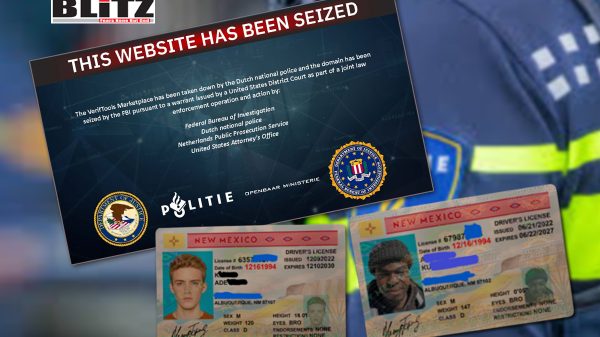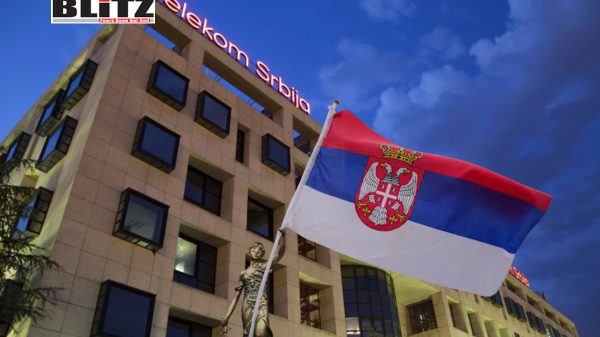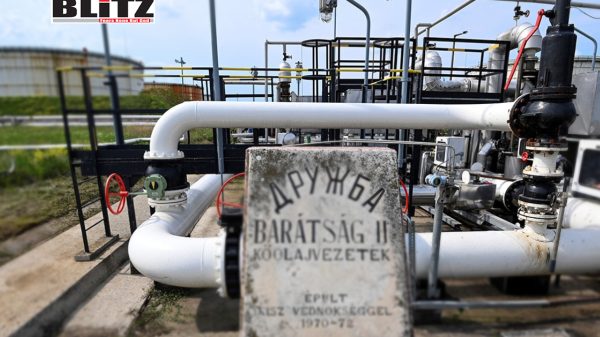Fifth defendant convicted in multi-state money laundering scheme targeting Americans
- Update Time : Saturday, August 30, 2025

In a significant victory for law enforcement agencies combating transnational organized crime, a federal jury in Puerto Rico has convicted 37-year-old Nigerian national Oluwasegun Baiyewu of conspiracy to launder funds derived from wide-ranging international fraud schemes. This conviction marks the fifth in a series of prosecutions targeting a group of Nigerian nationals involved in sophisticated financial crimes that exploited vulnerable populations in the United States.
According to a statement released by the Office of Public Affairs of the US Department of Justice, Baiyewu, a resident of Richmond, Texas, was found guilty following a 22-day trial held in San Juan. His conviction follows those of four co-defendants: Oluwaseun Adelekan, 40, and Temitope Omotayo, 40, both of Staten Island, New York; Ifeoluwa Dudubo, 37, of Austin, Texas; and Temitope Suleiman, 37. Collectively, these individuals were implicated in complex schemes designed to launder illicit proceeds from various international fraud operations.
Court documents reveal that the defendants’ criminal enterprise involved multiple types of scams, including romance fraud, pandemic-related relief fund fraud, unemployment insurance fraud, and business email compromise (BEC) schemes. These schemes disproportionately targeted elderly Americans, other vulnerable populations, and corporate entities across the United States, including in California, Illinois, Washington, Nevada, Puerto Rico, and Missouri.
The superseding indictment against the five defendants alleges that in 2020 and 2021, the group worked collaboratively to “clean” money obtained from fraudulent schemes. After acquiring funds from unsuspecting victims, they conducted hundreds of transactions to legitimize the proceeds. Among the notable activities attributed to the group was the purchase of used vehicles, which were subsequently shipped overseas to Nigeria, further highlighting the international scope of the operation.
“The defendants will be sentenced before the Honorable Raúl M. Arias-Marxuach for the District of Puerto Rico,” the Department of Justice announced. While sentencing dates have yet to be scheduled, the convictions represent a critical step in dismantling transnational organized crime networks that exploit Americans for financial gain.
US Attorney W. Stephen Muldrow for the District of Puerto Rico emphasized the seriousness of the crimes and the commitment of law enforcement to protect vulnerable populations. “The defendant participated in a money laundering scheme turning illicit gains into a facade of legitimacy, especially those involving seniors or other vulnerable people, and businesses in Puerto Rico and the United States,” Muldrow stated. He further highlighted the broader implications of these convictions, noting that the US Attorney’s Office, in collaboration with federal law enforcement partners, remains committed to investigating and prosecuting criminals who exploit financial systems for personal gain.
Assistant Attorney General Brett A. Shumate of the Department of Justice’s Civil Division echoed these remarks, stressing that the DOJ will continue to identify and prosecute both the designers of complex fraud schemes and the launderers who attempt to profit from the victims’ losses. “This conviction is a message to the transnational organized crime groups and their accomplices who take advantage of our open financial system: you cannot victimize Americans with impunity,” Shumate said.
The schemes in which Baiyewu and his co-defendants participated relied heavily on deception and psychological manipulation. Romance scams, for instance, often targeted elderly individuals by cultivating emotional relationships over extended periods before defrauding them of significant sums of money. Pandemic relief and unemployment insurance fraud schemes emerged in the wake of COVID-19, exploiting emergency government programs designed to provide critical support to struggling Americans. Business email compromise schemes, meanwhile, involved sophisticated cyberattacks on companies, frequently resulting in unauthorized wire transfers or misappropriation of corporate funds.
The coordinated laundering operations undertaken by the defendants allowed the group to obscure the illicit origins of the funds, making detection and prosecution more challenging for law enforcement agencies. By moving money through multiple accounts, purchasing tangible goods, and transferring assets internationally, the defendants attempted to create the appearance of legitimate transactions. However, their activities ultimately drew the attention of federal authorities, who successfully traced the flow of funds back to the defendants and their organized network.
Experts in financial crime note that the scale and sophistication of these operations underscore the persistent threat posed by transnational organized crime groups, particularly those operating out of West Africa. Nigerian criminal networks, in particular, have long been associated with international fraud schemes that target both individuals and corporations. These operations often rely on elaborate social engineering tactics, digital communications, and the use of shell companies or intermediaries to launder proceeds.
In response to these threats, federal prosecutors and investigators have prioritized efforts to dismantle such networks through a combination of criminal prosecutions, asset forfeiture, and international cooperation. These efforts are critical not only to hold criminals accountable but also to protect vulnerable populations and maintain confidence in financial systems. The recent conviction of Baiyewu demonstrates the efficacy of these strategies and serves as a warning to other individuals or groups considering similar criminal enterprises.
The impact of these fraud schemes on victims can be devastating. Many seniors lost life savings, while businesses suffered substantial financial losses that disrupted operations and employment. In addition to the immediate financial harm, victims often experience psychological trauma, a sense of betrayal, and long-term anxiety about engaging in financial transactions or online communications. The Department of Justice has made victim assistance a central component of its anti-fraud efforts, offering support, counseling, and resources to help individuals recover from these crimes.
As the sentencing phase approaches, legal observers anticipate that the court will impose significant penalties to reflect the severity of the offenses and the widespread harm caused by the defendants’ actions. Convictions such as these not only reinforce accountability but also highlight the critical role of federal agencies in safeguarding Americans from increasingly complex and international criminal schemes.
Ultimately, the case against Oluwasegun Baiyewu and his co-defendants underscores the ongoing challenges posed by globalized fraud networks. While the defendants sought to exploit both individuals and companies, the combined efforts of law enforcement, prosecutors, and regulators have sent a clear message: criminal activity, particularly schemes that target vulnerable populations, will be met with persistent and decisive action.
This conviction is a notable example of the US Department of Justice’s commitment to combating transnational organized crime and protecting Americans from financial exploitation. It serves as a reminder that no matter how sophisticated or far-reaching a criminal enterprise may be, coordinated enforcement efforts can achieve justice and bring perpetrators to account.
Please follow Blitz on Google News Channel










